





























Friday 17th October 2025




Importance of developing your child’s spoken language.
Developing a love of reading.
How you can support your child’s reading development at home.

How we teach phonics and word recognition through the Read, Write Inc. scheme.










Talking and listening. Make time to listen to your child.
Switch off the TV, radio and mobile phones. Show that you are interested in what they are talking about.
Listen at home.
Play games.
Sing songs and Nursery Rhymes.





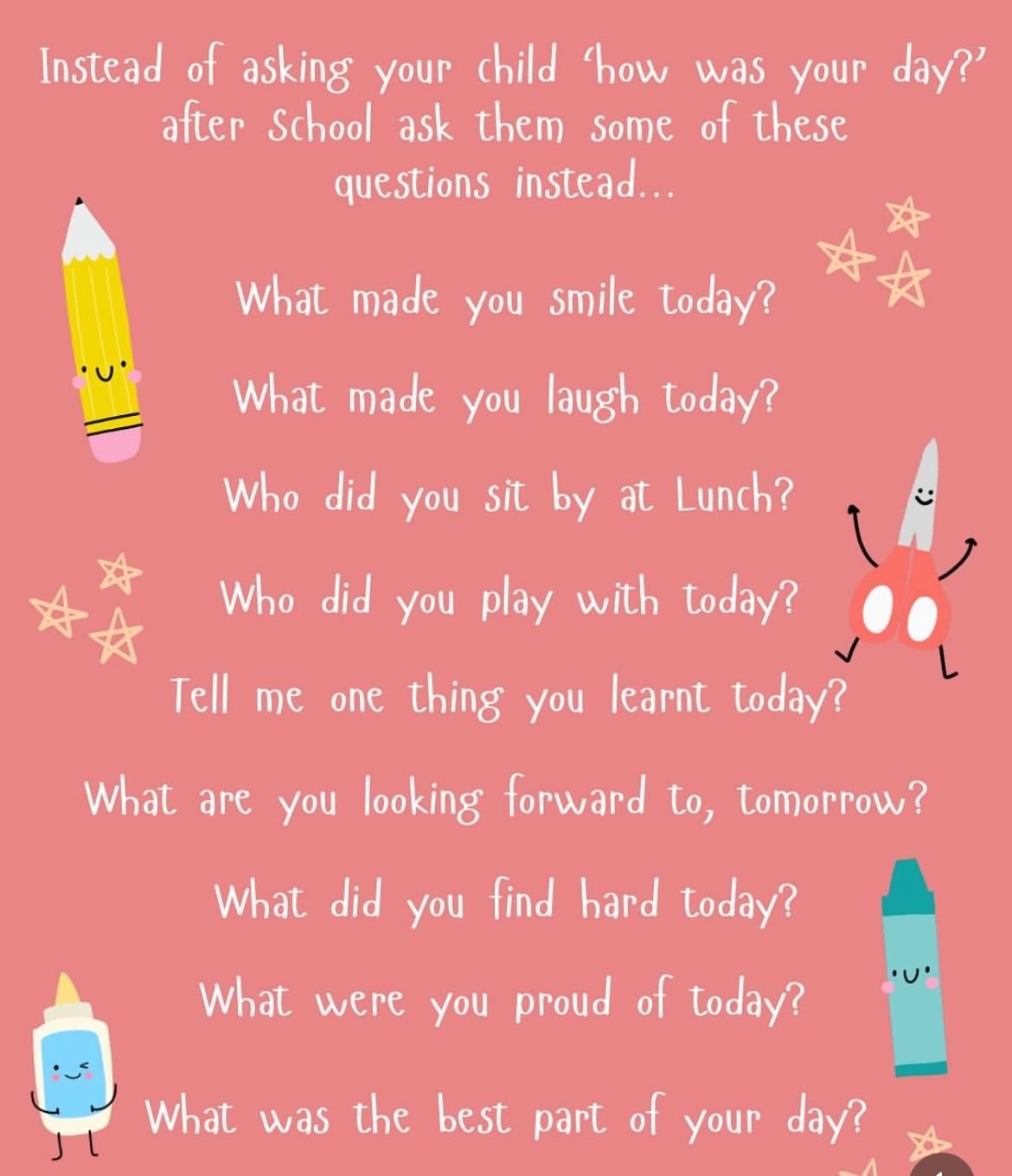




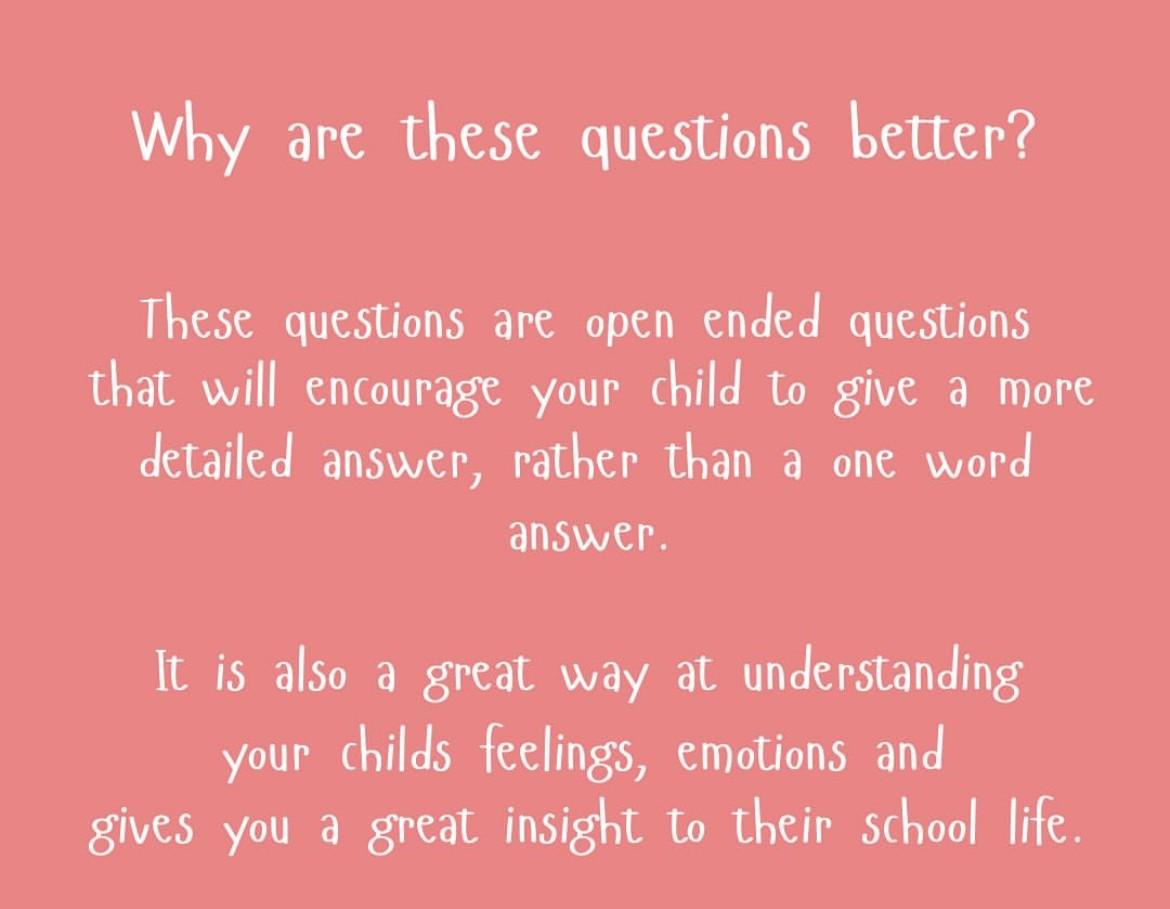




Why children and parents should read together
Doctors at the Cleveland Clinic recommend that parents read with their children beginning as early as infancy and continuing through elementary school years.
Reading with your children builds warm and happy associations with books, increasing the likelihood that children will find reading enjoyable in the future.
Reading at home boosts school performance later on. It also increases vocabulary, raises self-esteem, builds good communication skills, and strengthens the prediction engine that is the human brain.





Only 1 in 3 (32.7%) children aged 8 to 18 say they enjoy reading “very much” or “quite a lot” — a 36% drop since 2005. Enjoyment has fallen across all age groups, with a particularly sharp decline among primary-aged children and teenage boys.
Daily reading is also at a record low: just 18.7% of children aged 8 to 18 read something every day in their free time — down 51% from 2005.


For 5- to 8-year-olds, 62.6% say they enjoy reading, and 44.5% read daily — still higher than older peers, but also in decline.



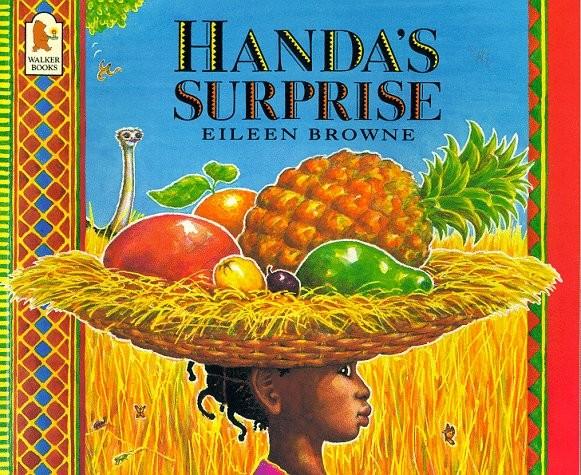
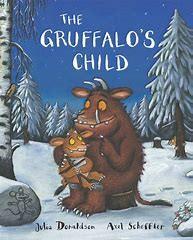


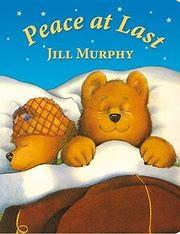


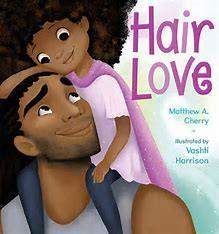
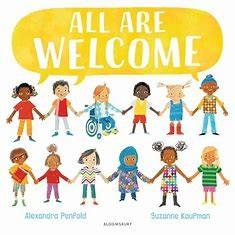
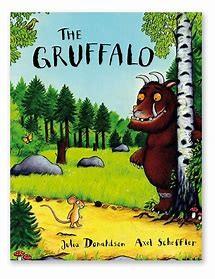


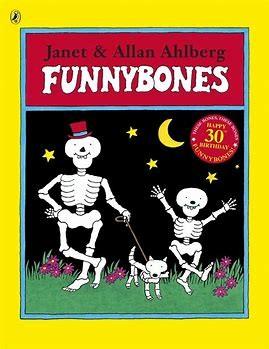


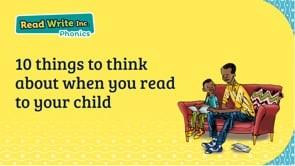





Enjoy and share books together. Read the book your child brings home from school.
Discuss the meaning of new words. Discuss the pictures. Let them see you reading. Read signs, labels and posters. Library. Summer Reading Challenge.





Read Write Inc (RWI) is a phonics complete literacy programme which helps all children learn to read fluently and at speed so they can focus on developing their skills in comprehension, vocabulary and spelling. The programme is designed for children aged 4-7. However, at St. Ursula’s we begin the programme in Nursery and will continue teaching RWI to children beyond the age of 7 if they still need support in their reading. RWI was developed by Ruth Miskin and more information on this can be found on the RWI parents page.





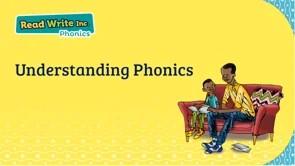











Initial sounds are taught in a specific order so that children can begin to blend once they have built up a certain amount of sounds.
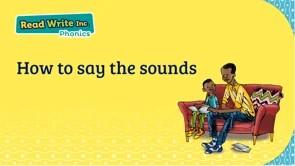


How to help your child learn the Read Write Inc. phonics sounds (yout ube.com)



High quality RWI phonic sessions take place every day for Reception and KS1
RWI supports development of reading, writing and spelling
Phonemes and graphemes - ‘Special Friends.’
Segmenting and blending - Fred Talk, Fred in your head.
Reading words ‘speedily’
Read and spell ‘tricky words’ - Red Words





Teaching new sound
Reviewing sounds
Writing new sound
Oral blending
Word Blending
Reading words containing new sound





The following video shows you how a Set 1 sound would be taught in school and how it can taught at home to consolidate your child’s learning.
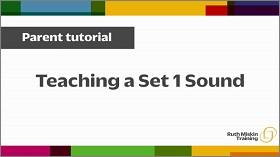


https://www.oxfordowl.co.uk/for-home/reading-owl/find-a-book/r ead-write-inc-phonics--1/set-1-sound-phonics-video



The following video shows you how children are taught to blend words once they know some of their Set 1 sounds. This is also known as ‘Fred Talk.’
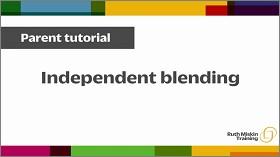


https://www.oxfordowl.co.uk/for-home/reading-owl/find-a-book/read -write-inc-phonics--1/independent-blending-phonics-video



Talk to children about the sounds they are learning. Play ‘Fred Games’ to develop oral blending. Here are some examples:
http://schools.ruthmiskin.com/training/view/JoeE2Kou/3dbKoMPE
http://schools.ruthmiskin.com/training/view/Fla8LI9k/8JAyJz1A
http://schools.ruthmiskin.com/training/view/RHgEZ1MO/JlohcKJ3





https://home.oxfordowl.co.uk/reading/readin g-schemes-oxford-levels/read-write-inc-pho nics-guide/#

https://www.ruthmiskin.com/parents/

























